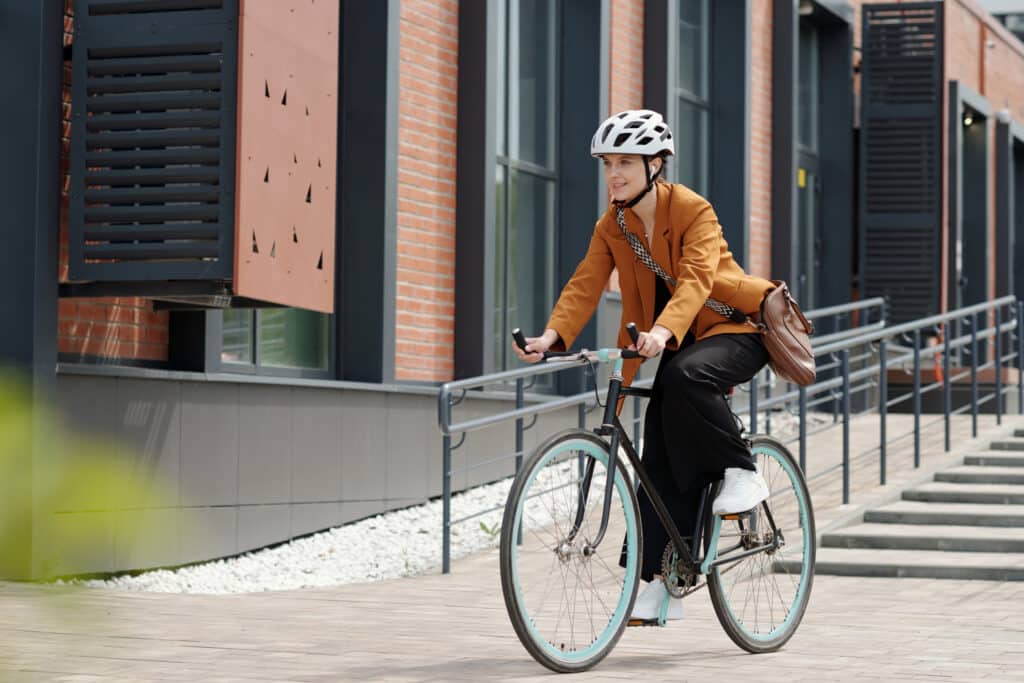Ape center raises cash, plans to add chimps, visits

Des Moines’ sometimes-troubled ape research facility, formerly Great Ape Trust, is back on solid financial ground with a trimmed-down operation, is attracting research grants, and may house chimpanzees and breed bonobos, said Jared Taglialatela, the facility’s director of research.
Look for partnerships with area universities, a new membership program, and, eventually, a revived public visitation program to support its mission of science, conservation and community engagement.
The facility opened in 2004 as the Iowa Primate Learning Sanctuary, and later became Great Ape Trust and operated under other names. After sending its group of orangutans to Indianapolis Zoo in 2010, the center focused on bonobos, eventually billing itself as a sanctuary rather than a research institution. Now it is called the Ape Cognition and Conservation Initiative, and will focus on peer-reviewed research and conservation.
Taglialatela said the center has a U.S. Department of Agriculture permit to conduct research and has attracted $150,000 in research grants from the National Institutes of Health last year, focusing mainly on cognition and communication. He expects a similar amount this year. The center also brought in $25,000 from fees for educational events and tours in 2014, and expects at least that much in 2015.
Last year, the organization also received $40,000 from Kennesaw State University, $10,000 from Georgia State University for operational costs and a $4,000 student research grant from Kennesaw. Those two universities have pledged at least $10,000 each for this year’s operations.
The facility needs to raise about $180,000 a year for operations, and is hoping fees paid by visiting researchers, and donations, will help.
The Des Moines research facility has been negotiating with national primate centers to move as many as 25 chimpanzees to a building at the Des Moines campus that formerly housed orangutans. That could mean as much as $425,000 a year in support from the National Institutes of Health, Taglialatela said.
The center wants to establish endowments for each of the bonobos, and has a goal of raising $120,000 in donations from residents and organizations this year.
The center hopes to attract support, and payments, from universities in Iowa and elsewhere who would like scientists or students to research the apes, and hopes to become a state-supported research facility recognized by the Iowa Board of Regents. A new Iowa Primate Consortium has formed to work with the schools, which could provide either cash or in-kind support.
And Hy-Vee has been donating food for the bonobos, which include Kanzi, considered the most language-proficient bonobo in the world. He understands some spoken English and dozens of abstract symbols applied to various objects and people.
Taglialatela, who is an assistant professor in the Department of Biology and Physics at Kennesaw State University, isn’t drawing a salary. Neither is science director Bill Hopkins, who is a professor of neuroscience and psychology at Georgia State University. They commute to Des Moines at least once a month, usually more. Both hold doctorates.
Both had previous experience with some of the five bonobos living at the center near Easter Lake in southeast Des Moines. They took over the operation in late December 2013 at the suggestion of scientists who had worked with the bonobos at Georgia State.
The center had suffered through allegations that the researcher most affiliated with the communications work at the center, Sue Savage-Rumbaugh, had not properly cared for the bonobos. She was suspended, then cleared in an internal investigation but later replaced by one of the many boards that had overseen the operation.
The paid staff now consists of two full-time and one part-time caretaker and a research coordinator. Approximately 20 specially trained volunteers help out, some of them close to full time. Learn more









